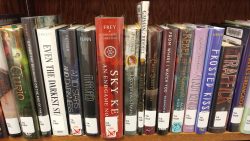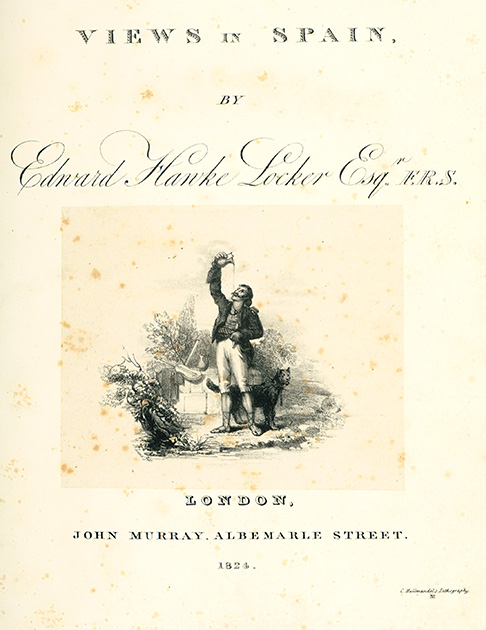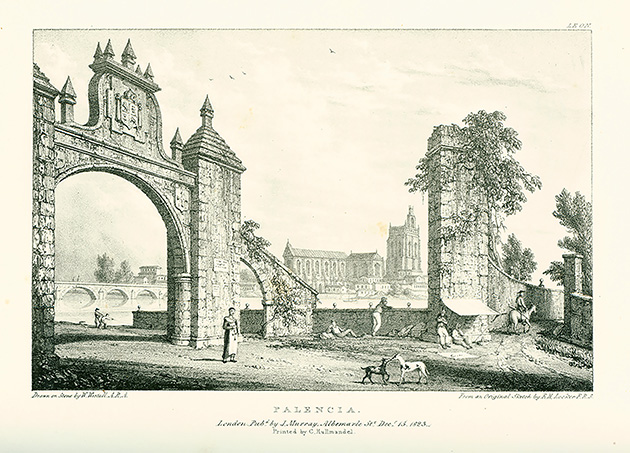I am currently visiting Kuala Lumpur, Malaysia for the International Federation of Library Associations and Institutions (IFLA) World Library and Information Congress along with some of my colleagues from UC Libraries, but I’m excited to return to UC and greet our new and returning students and faculty.

At IFLA’s World Conference with Library Chief Technology Officer May Chang and Global Services Librarian Hong Cheng. Behind us is Kuala Lumpur’s famous Petronas Towers.
Before we dive into the fall semester, here’s a brief overview of the last few months at UC Libraries.
Several key library positions were filled over the summer, including: associate director of business affairs Jeremy Berberich; business and data analytics librarian Maggie Patel; associate dean of library services Brad Warren; and content analyst Dorcas Washington. The Digital Scholarship Center also continued to grow, welcoming digital scholarship library fellow Erin McCabe and data visualization developer Ezra Edgerton. They joined software developer Zhaowei Ren, with the support of a grant from the Andrew W. Mellon Foundation.
UC Libraries joined HathiTrust, a national and international partnership of research institutions and libraries.
The Winkler Center Advisory Board hosted the annual Cecil Striker Society Lecture, “Cincinnati Children’s Hospital Impacting the Health of Children in Our Community and the World: The Past, Present and Future,” with co-lecturers Michael K. Farrell, MD and Bea Katz, PhD.




 The UCBA Library will be closed
The UCBA Library will be closed  UC Libraries is an organizing partner of Books by the Banks: Cincinnati Regional Book Festival. Join us for the 2018 Poster Launch on Thursday, Sept. 13 from 5-7pm at the Visionaries + Voices’ Visionarium at 3054 Madison Road in Oakley.
UC Libraries is an organizing partner of Books by the Banks: Cincinnati Regional Book Festival. Join us for the 2018 Poster Launch on Thursday, Sept. 13 from 5-7pm at the Visionaries + Voices’ Visionarium at 3054 Madison Road in Oakley.

